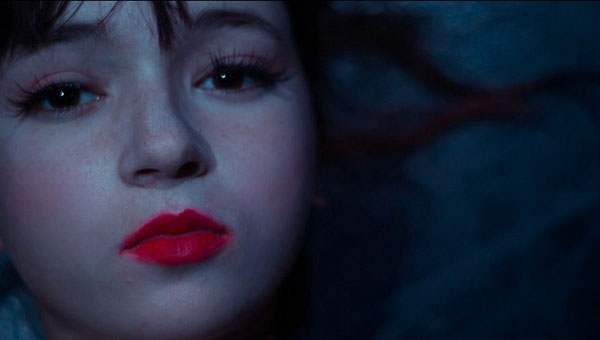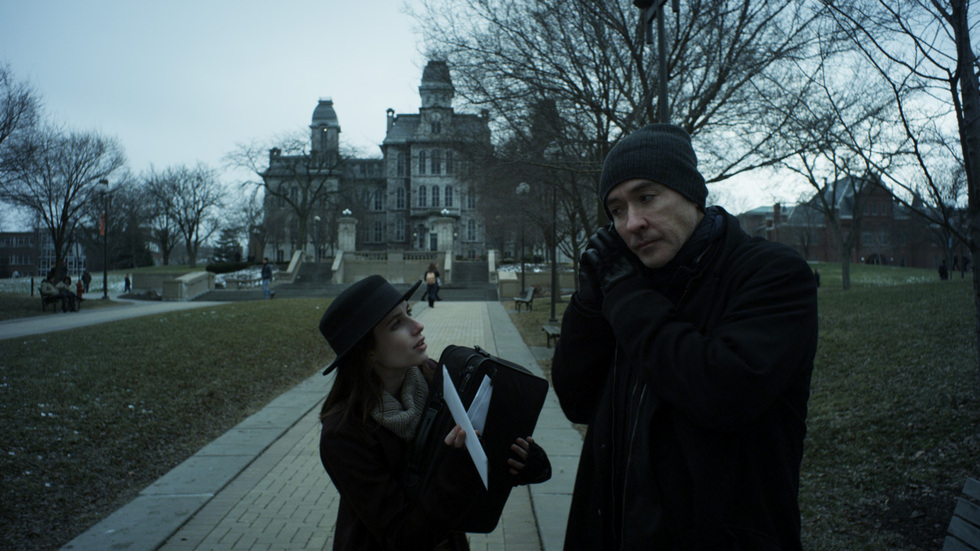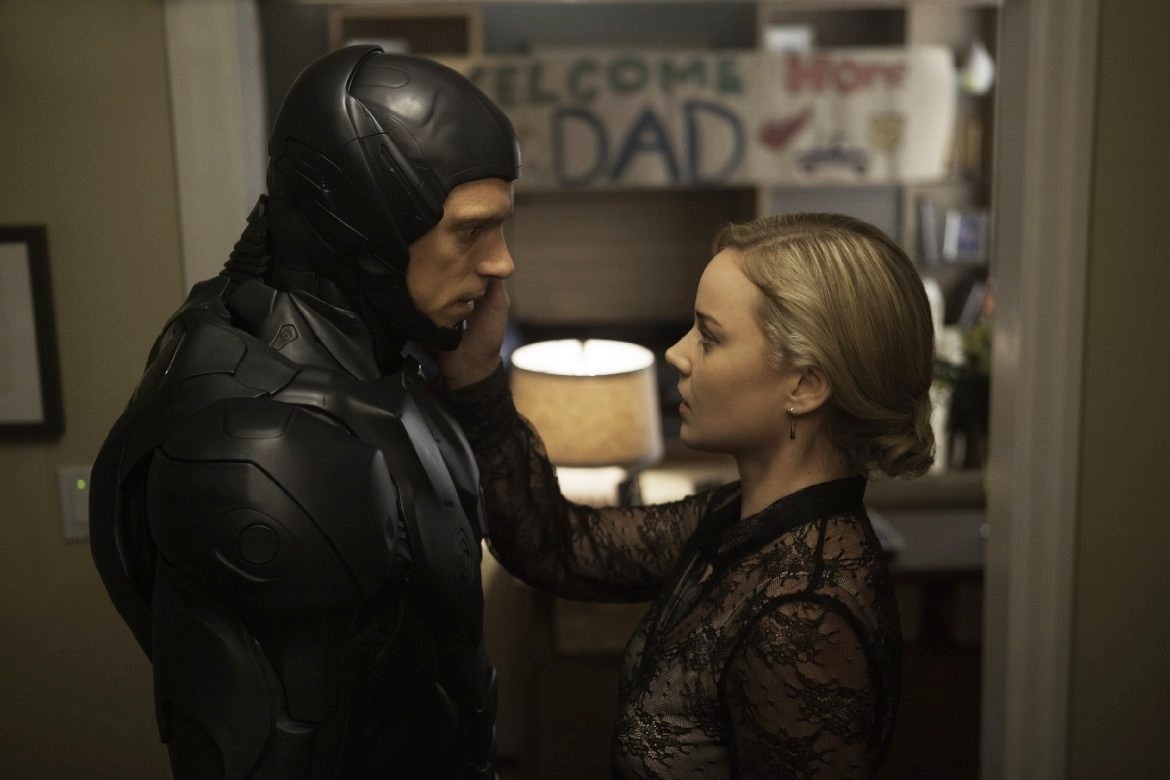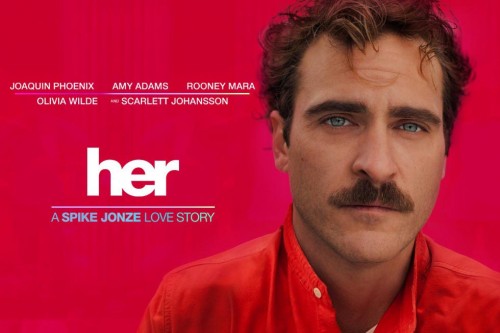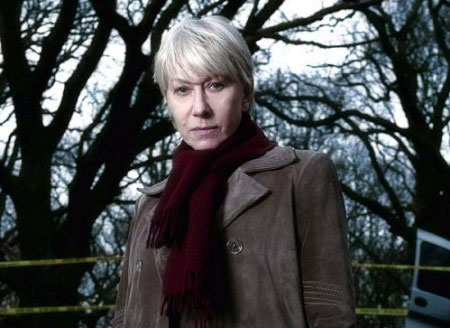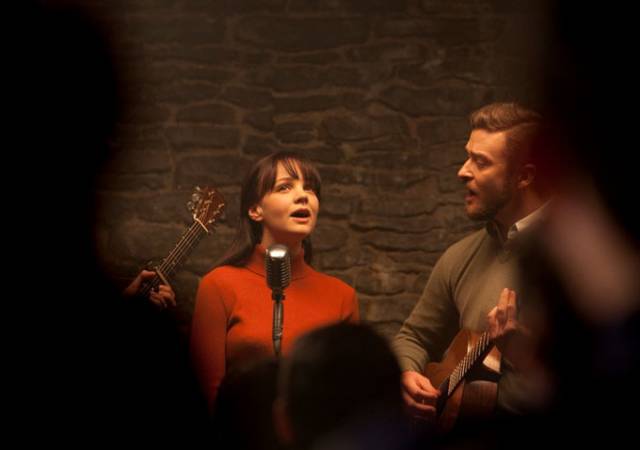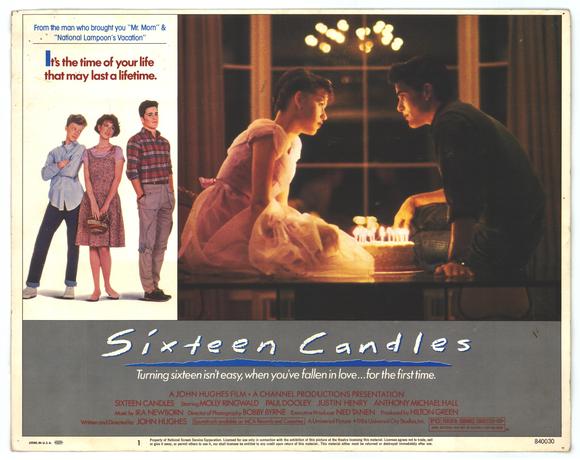‘It Felt Like Love’ (or Something): One High School Girl’s Sexual Exploration
Some of these scenes we watch like they are part of a horror movie, wanting to say to Lila, “What are you thinking?” Lila, with all her lies (to her father, to Chiara, to her neighbor and to Sammy) never takes the audience (or anyone else) completely into her confidence, so we don’t know what she might do next–and dread seeing her do it. Besides Chiara (who does offer some limited advice and support) Lila has no female figure in her life who can help her navigate the complicated sexual landscape in which boys treat her as if she’s not there. While she listens and watches they talk shit about other girls (and even about her), look at porn and listen to hip-hop in which a man brags that “she fuck me…until she bleed cum.” Lila’s mother is dead and her father hardly seems like someone she can talk to. We can see she wants someone to care about her comings and goings as much as she wants sex: when she texts Sammy or calls him and gets his voice mail the family dog is often her only company.
